[Joint CQSE & NCTS Seminar] Quantum computing with silicon-based quantum-dot spin qubits
Title: [Joint CQSE & NCTS Seminar] Quantum computing with silicon-based quantum-dot spin qubits
Speaker: Dr. Chia-Hsien Huang (Department of Physics, National Taiwan University)
Date: Mar. 11, 2022, 14:30-15:30
Place: NCTS Physics Lecture Hall, 4F, Chee-Chun Leung Cosmology Hall, NTU
Online Link: https://nationaltaiwanuniversity-zbh.my.webex.com/nationaltaiwanuniversity-zbh.my/j.php?MTID=m3efd6c4a404b85f1e7a186a89d9b9009
Abstract:
Using the spin of a single electron in a semiconductor quantum-dot as a physical
qubit for quantum computation was first proposed by Loss and DiVincenzo in 1998.
Early research on the qubits focused on the III-V semiconductors such as GaAs, but the
coherence time was limited by the strong dephasing from the environment nuclear spins
with the intrinsic dephasing time T_2^⋆~10 ns. In 2014, the T_2^⋆ was improved to
~120 μs by using the silicon-based quantum-dots for fewer than 5% of natural silicon
atoms carry a nuclear spin. From then on, most research on this field switches to the
silicon-based platforms. In 2020, the operating temperature for the qubits at ~1.5 kelvin
was demonstrated to pave the way for large-scale quantum computation. In 2022, the
single-qubit gate fidelity and the two-qubit gate fidelity both exceed the threshold
(99%) of the error correction codes. Besides, the entangled three-qubit GHZ state is
demonstrated in the three-qubit device. All these progresses, combining with the smaller
footprint of the quantum dot ~100 nm×100 nm and the compatible fabrication process
with the standard CMOS technologies, prove that the silicon-based quantum-dot qubits
are the promising candidates for realizing large-scale practical quantum computation. In
this talk, I’ll introduce the basics of the silicon-based quantum computing and the
important progresses of the system. Finally, I’ll report my research on the high-fidelity
and robust quantum gates for the quantum-dot spin qubits in silicon.
Biography Brief:
Chia-Hsien Huang received his Ph.D. in 2017 from Department of Physics, National Taiwan University.
His research area is inquantum computation. Currently, he is a postdoctoral fellow of National Taiwan University,
and focuses on developing high-fidelity and robust quantum gates for semiconductor quantum-dot spin qubits and superconducting qubits.


